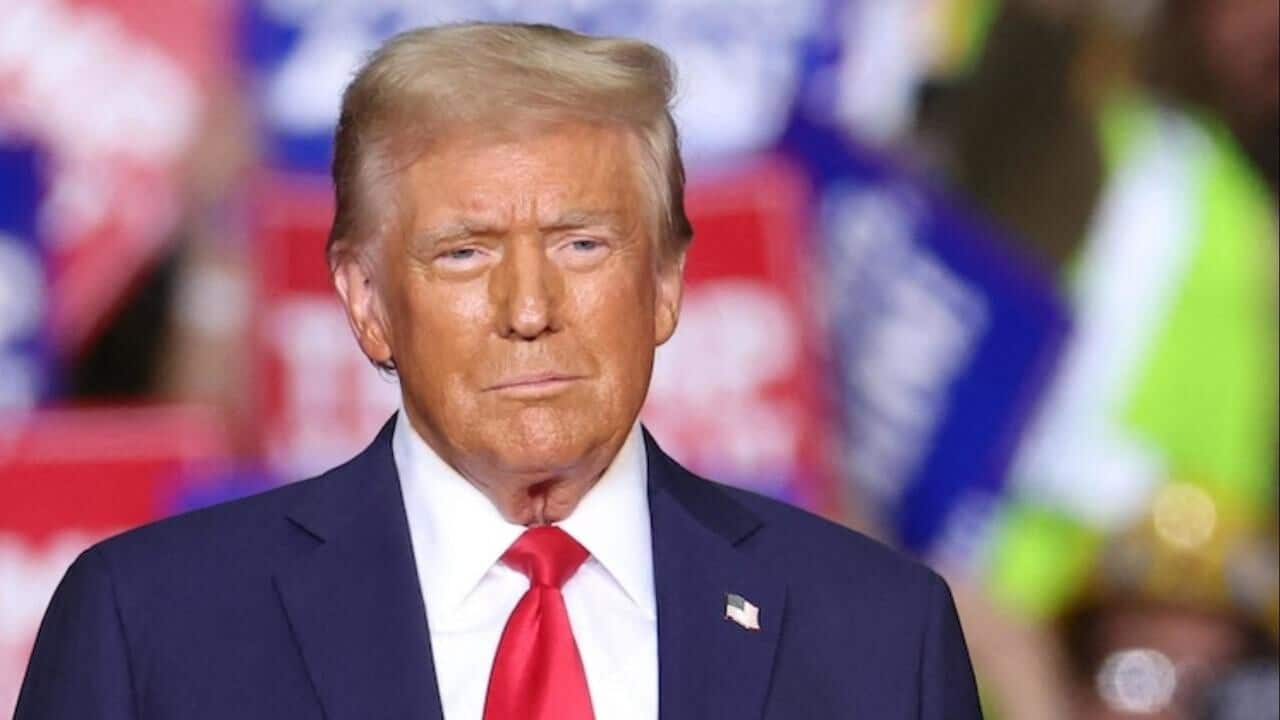
What will happen to Trump's criminal cases now
What's the story
Republican nominee Donald Trump, made history by becoming the first-ever presidential candidate to run for office and win it, amid the threat of imprisonment or years of legal battles.
With his win, many of his legal problems are likely to go away now, with Karen Friedman Agnifilo, former chief of Manhattan DA's trial division, telling ABC News that it would mean an end to all his criminal cases.
"The criminal cases are over, whether it's legally or practically," said Agnifilo.
Case summary
Trump's legal battles: A brief overview
According to CBS, discussions have already begun between Trump's team and the office in charge of federal cases about how to close them.
Among the legal troubles facing Trump is a case involving an alleged $130,000 hush money payment to adult film actress Stormy Daniels.
Judge Juan Merchan pushed Trump's sentencing from September to November 26.
Former Brooklyn prosecutor Julie Rendelman told BBC, he may still proceed with the sentencing as scheduled despite Trump's election.
Legal complexities
State and federal cases pose different challenges
However, legal experts believe it is improbable that Trump will be sentenced to prison as an older, first-time offender.
Boston College law professor Jeffrey Cohen said Trump could face lighter penalties like probation.
State-level cases, however, present a different challenge for Trump.
The election interference case in Fulton County, Georgia, falls outside federal jurisdiction.
Regardless, legal experts indicate that these proceedings could be delayed due to problems in the district attorney's office and resistance from Judge Scott McAfee.
Pardon possibility
Civil cases
The presidency could also help Trump defend himself in a number of pending civil suits over his role in the 2021 Capitol attack.
Trump argued that his conduct were protected by presidential immunity, and he may use his new position to involve the Justice Department in his defense.
He could also argue that those cases should not be tried until after his criminal trial in Georgia, because they cover identical territory and may jeopardize his right against self-incrimination, NBC reported.
Federal indictments
Central Park Five defamation suit
His new office, however, may not be able to protect him from a defamation suit filed last month by members of the Central Park Five, now known as the Exonerated Five.
The five are suing Trump for making false statements about them during September's presidential debate.
In 1997, the Supreme Court ruled that presidents are not immune to civil cases not related to their tenure in office.